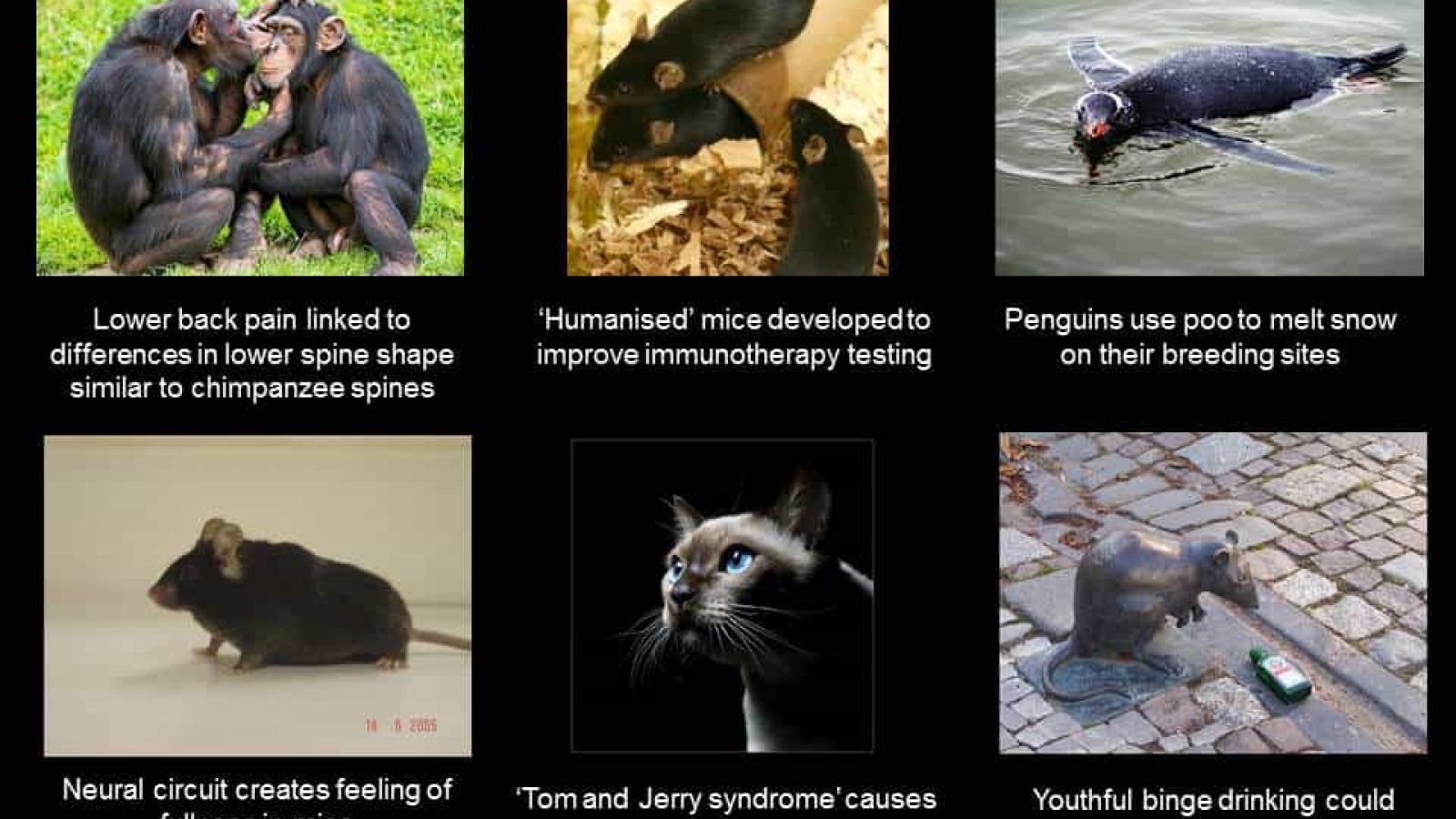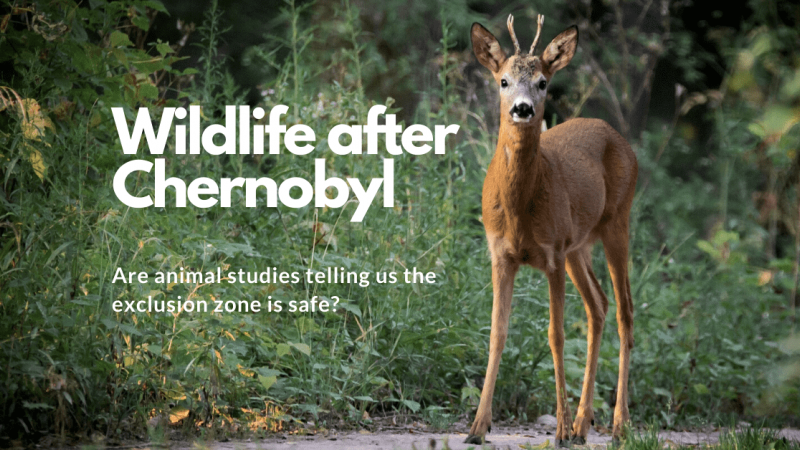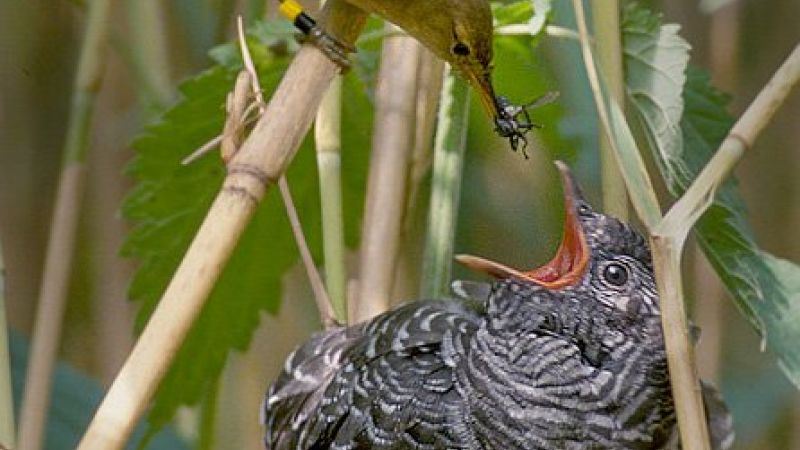
27/04/15
It seems that how well-adapted we are to walking upright affects how likely we are to suffer with lower back pain. Scientists from the University of Aberdeen and Simon Fraser University in Canada analysed and compared the shapes of spinal bones from chimpanzees, orangutans and ancient humans to investigate the relationship between bone shape, upright movement and spinal health.
Prof Mark Collard from Aberdeen commented "Our findings show that the vertebrae of humans with disc problems are closer in shape to those of our closest ape relatives, the chimpanzee, than are the vertebrae of humans without disc problems."
http://www.bbc.co.uk/news/health-32452250
By the power of citizen science a new study has found that penguins use their guano to melt the snow on their breeding sites. 1.5 million online volunteers assisted the University of Oxford project by clicking through 175,000 images of gentoo penguins in the Antarctic Peninsular to flag unusual behaviour. Over 500,000 new images will become available over the coming year, as cameras in the breeding colonies will take photos every minute during the breeding season.
Dr Tom Hart of Oxford University’s Department of Zoology, said: “'We hope these new cameras will reveal how often penguins feed their chicks and how long they have to go to sea to feed in different regions. Until now, this has only been possible by putting GPS on penguins. The hope is that, by developing a non-invasive method, we can track penguins across the whole of the Southern Ocean without researchers needing to disturb them.”
http://www.independent.co.uk/news/science/15-million-volunteers-discover-penguins-need-to-use-the-faeces-in-order-to-breed-10205199.html
28/04/15
The high pitched squeaks of mice and rats could be causing seizures in older cats. This condition, nicknamed 'Tom and Jerry Syndrome' because of the way the cartoon cat is often startled by sounds, was found to be more common in Birman cats (see picture). These cats' conditions appeared to be alleviated through medicine used to control epilepsy.
"In 96 cats, they found evidence of the syndrome they call feline audiogenic reflex seizures. The most common types of seizure-eliciting sounds included crinkling tinfoil, clanking a metal spoon on a ceramic feeding bowl, and clinking glass. The severity of the seizure ranged from brief muscle jerks to more serious episodes"
http://news.sciencemag.org/health/2015/04/tom-and-jerry-syndrome-causes-seizures-old-cats
29/04/15
By humanising the immune system of mice, researchers are in a better position to study the growth of tumours, allowing them to better assess which treatments might work. These XactMice are infused with human blood stem cells to grow the humanised immune system.
Antonio Jimeno, at the University of Colorado, said:
“This might be a better model for several areas of cancer (and non-cancer) research, and since each mouse provides a lot of information, we will be able to do more with less mice,”
http://au.ibtimes.com/humanised-mice-developed-improve-immunotherapy-testing-1443799
30/04/15
Researchers have identified a neural circuit that controls feelings of fullness in mice. A group of neurons in the hypothalamus create a feeling of fullness that stops hungry mice from eating and creates a pleasurable feeling when they are activated. The circuit could provide targets for new weight-loss drugs.
“Our results show that the artificial activation of this particular brain circuit is pleasurable and can reduce feeding in mice, essentially resulting in the same outcome as dieting but without the chronic feeling of hunger,” study coauthor Bradford Lowell of Harvard’s Beth Israel Deaconess Medical Center
http://www.the-scientist.com/?articles.view/articleNo/42828/title/Turning-Off-Hunger-Pangs/
New study in rats shows that youthful binge drinking could lead to brain issues as you get older. Drinking at early stages can cause memory problems in adults and brain cells may become more vulnerable to injury or disease.
Last edited: 6 April 2022 08:13




